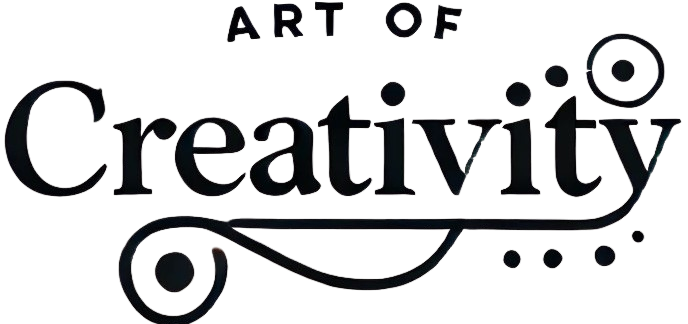Does Laser Tattoo Removal Really Work on All Tattoos?

Laser tattoo removal is very popular. It was one of the first effective treatments widely available for everyone. For this reason, it became famous rather quickly. While it has its merits; it doesn’t come without its limitations. Here’s more on the topic.
About Laser Tattoo Removal
How effective is laser treatment for tattoo removal?
Lasers can remove all types of tattoos. But it is not the most effective method to remove all kinds of tattoo inks.
The laser is quite effective sufficient to remove black tattoos and most colors. But it is extremely difficult to remove white colors with lasers. Other shades such as blue, green, purple, and yellow also pose quite a challenge for laser treatment technicians. The reason – laser beams consist of different wavelengths. So, they target each color differently. You may require multiple lasers to effectively remove a tattoo. Even then the result may not be as good.
Another drawback is that not every laser technician or dermatologist will be an expert in offering all types of laser treatments. So, you may have to run from one clinic to another to make the unwanted tattoo completely disappear.
The type of tattoo and ink also play a role in its easy removal. If the tattoo colors are deposited more deeply, it can be increasingly difficult to remove them; even by lasers.
Another drawback of laser is that it doesn’t work equally on all skin types. Lasers target melanin in the skin along with the pigments. So, the treatment can be a bit complicated for those with dark skin tones.
What are the other drawbacks of laser tattoo removal?
Side effects and the associated pain from a tattoo removal treatment can impede its success. Laser treatments are not without side effects and pain. If you have heard differently than you have heard it wrong.
Side effects –
Lasers can cause scarring with incompetent work. Lasers can also cause the skin to blister by damaging the blood vessels around the tattoo. The recovery from blisters can be painful and can take weeks.
Laser treatments can also cause pigmentations in the form of both light and dark patches on the skin. Oftentimes; if you have had a bad reaction to a tattoo then using lasers to remove it can further aggravate the problem.
People with dark skin tones can have reactions such as burning in the skin when they undergo laser treatments. Permanent discoloration of the skin is also possible with laser treatments. The appearance of white patches (lasting for weeks) is quite common with laser tattoo removal.
Pain –
Dermatologists inject a local anesthetic agent in the skin around the tattoo to make the treatment pain-free. But technicians without a medical license cannot do so. Even with the anesthetic agent, the removal of large-sized tattoos can be slightly more painful and uncomfortable than smaller-sized ones. You will feel the pain as per your threshold for tolerating it.
Laser treatment can also cause bleeding; leading to pain post your session.
The pain and discomfort from a laser tattoo removal session can last for a week or so. You may even require bandages on the tattoo site. Even wearing clothes over the tattoo area may feel painful. You may need to apply antibiotic ointments on the laser-treated area.
The ease –
The laser is often touted as the best and quick way to remove tattoos. But this is not the truth. To remove a tattoo entirely, you will require multiple sessions. The sessions will be spaced at regular intervals.
The total number of sessions will depend on your tattoo’s size, the colors used, and your skin tone. It can take up to a year or more for people to get rid of their tattoos completely using lasers.
The cost –
The laser can be an expensive treatment. Depending on the type of laser and the number of sessions you may need; the treatment cost can run into several thousand dollars. So, it may not suit everyone’s budget.
The Final Word
The laser is not the only option to remove tattoos. You can opt for surgery (risky) or Tattoo Vanish (a natural method without any side effects). The latter is now becoming popular as it offers good results for tattoo removal.

